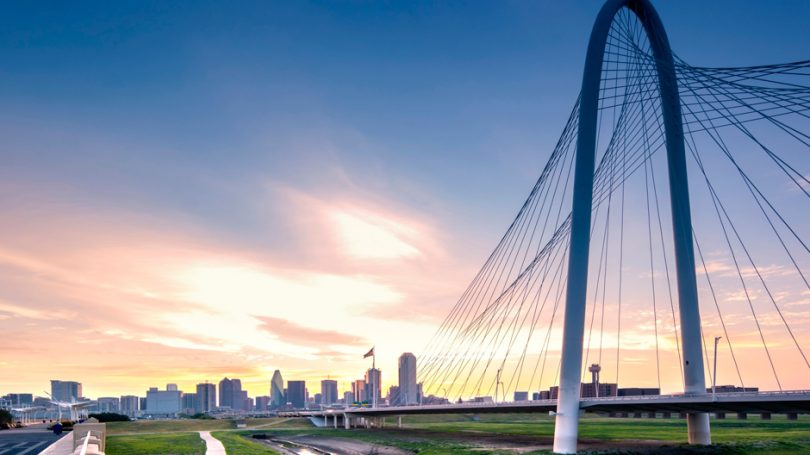The Fine Lines of Public Policy

Where does the line among federal, state and local authorities lie? That was the million-dollar question and central theme explored at the recent Texas Lyceum public policy conference in Austin.
Founded in Dallas in 1980, the Texas Lyceum brings together people from across the spectrum—from business to academia—to explore pressing issues in a non-partisan, non-political and non-adversarial setting. During this truly unique era in politics, it is necessary to approach public policy issues with an understanding of issues facing Texas. From pension funds to ride-sharing, this year’s Lyceum showcased unique discussions, worthy of every Texan’s attention.
With a long list of bold-faced policymakers presenting at this year’s conference, attendees were offered diverse perspectives on the future of Texas. Notable speakers included Mayors Steve Adler (Austin), Maher Maso (Frisco) and Sylvester Turner (Houston); City Council Members Ellen Cohen (Houston) and Phillip Kingston (Dallas); Texas Senators Don Huffines and Sylvia Garcia; Texas Representatives Rafael Anchia, Jeff Leach and Donna Howard; and Land Commissioner George P. Bush.
Where Cities End and State Begins
For years, Texas policymakers (largely through the actions of former Attorney General and now Governor Greg Abbott) have pushed back against the authority of the federal government, whether in dealing with healthcare, border security or environmental regulations. And now Texas localities have begun to take notice of such tactics as many Texas cities have also begun to exercise their autonomy from the state government. For example, last year Austin voters passed a safety regulation on ridesharing in their city, while voters in Denton passed restrictions on the placement of fracking wells in 2014.
In addition to the session lineup—which was chalk full of panels and keynotes on everything from ridesharing and unfunded public pension liabilities to immigration enforcement and testing in education —the event included many side conversations about the statewide limitations on municipalities in regulating activities within their city limits. Many at the conference believe the Texas Legislature will take specific action this year to prevent cities from regulating industries, such as ridesharing, as well as direct cities like Houston and Dallas to solve their pension crisis.
However, local authority over larger centralized policy making (be it from Austin or Washington) has traditionally been considered a Texas value. But shifts in the political status quo are happening more and more in our political system.
So this begs certain questions that need answers as we approach the future: Where does the authority of cities end and where does the state role begin? Conversely, where does the authority of the state supersede the authority of localities? And what happens when these roles conflict?
Probably the most interesting aspect of the conference was to see where different policymakers fell on the debate. The traditional political fault lines are largely absent in this debate. It is not a Republican versus Democrat issue. Nor, like often in Texas, was there a rural versus suburban/urban divide. Instead, there were republicans and democrats who took non-traditional stances on these issues. There were state republicans like Sen. Don Huffines who argued for a statewide policy on ridesharing, while democratic Houston Mayor Sylvester Turner who said if the Texas Legislature wants to get involved in the Houston pension problem then they better be ready to pay for it.
Where We Go From Here
It’s clear from the outset of the 85th Texas Legislative Session, this will be a bumpy ride in policy making this year, and a number of competing interests will be actively communicating with policymakers about their priorities. It is during events such as the Texas Lyceum Public Conference, where we have the opportunity to view today’s complex policy and divides in our political system in a clearer light.
As you move forward in navigating issues affecting your city or organization, please contact us if we can be of support in reaching influencers or amplifying your message.
Contact Us